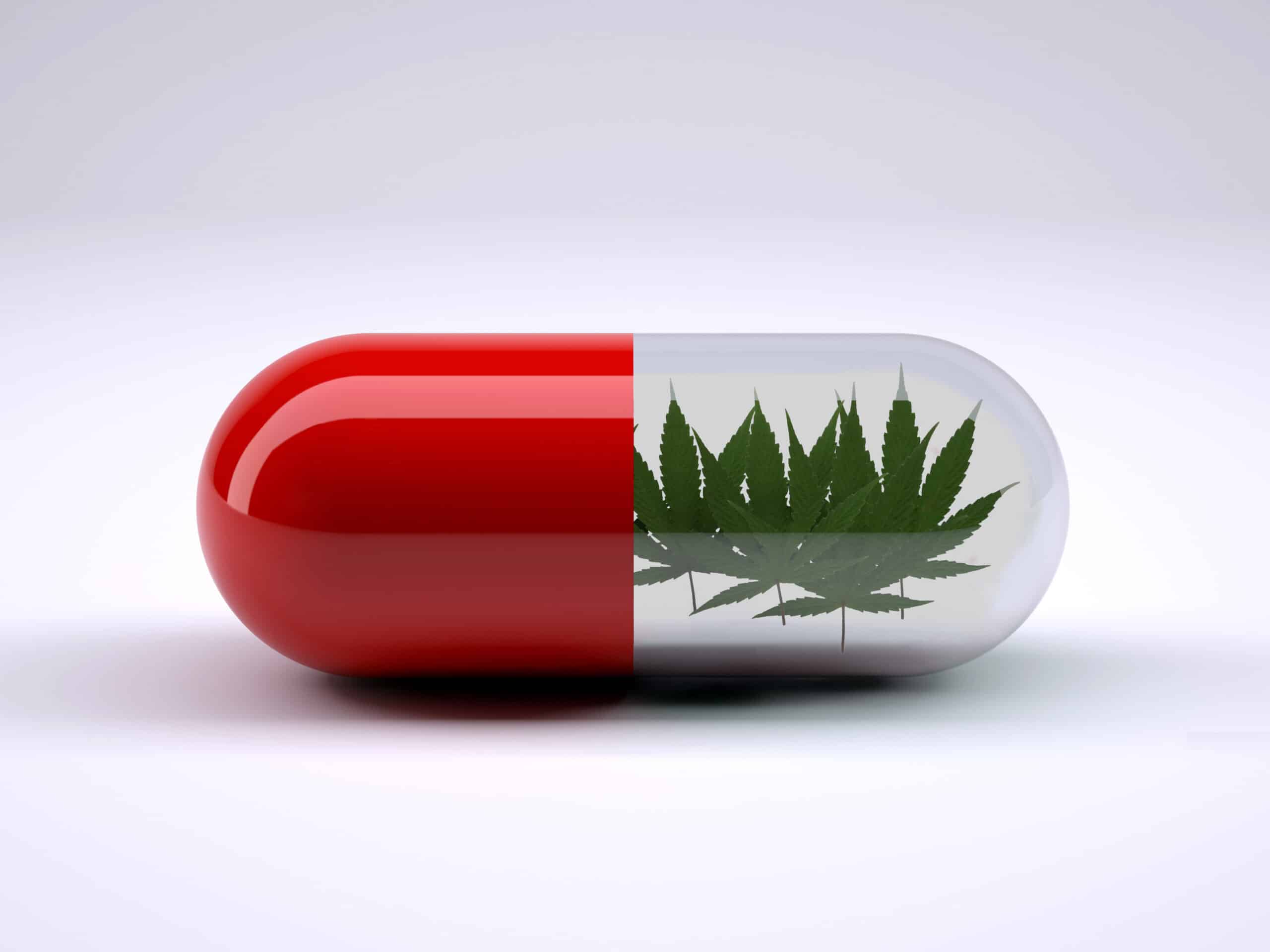Dr. Joseph Maroon was recently asked by Health Radar, a publication of Newsmax Heath, to discuss his recommendations for natural sleeping aids that can possibly avoid the use of sleep aid medications. Specifically, Dr. Maroon voiced concerns about the widespread use of over-the-counter (OTC) sleeping aid medications. These can include OTC drugs such as those sold under the brand names Benadryl, Dramamine, Excedrin PM, Nytol, Sominex, Tylenol PM, and Unisom. These all have a substance that blocks a brain neurotransmitter called acetylcholine. These medications and other prescription mediations, listed below, are called anticholinergics and have been linked to an increase of dementia in older users.
Medications that block the neurotransmitter acetylcholine that are frequently used for sleep:
- Elavil (Amitriptyline)
- Doxepin (Sinequan, Silenor)
- Hydroxyzine (Vistaril, Atarax)
- Seroquel (Quetiapine)
- Trimipramine (Surmontil)
Can CBD aid Sleep and reduce Stress?
“All of these drugs have come under high scrutiny because when they block the neurotransmitter acetylcholine, the risk for dementia increases,” he says. He recommends cannabidiol (CBD) to his patients suffering from insomnia because it naturally improves sleep and reduces anxiety. It’s also an excellent alternative analgesia to treat pain and reduce inflammation.”
Studies have shown that 25 mg of CBD is the correct dosage for anxiety, but a higher dosage may be needed to get better sleep, per Dr. Maroon’s interview in the Feb 2021 Health Radar Newsletter.
An analysis of CBD and sleep in 2019, investigated 103 participants who had anxiety or poor sleep. The researchers studied the effects of CBD combined with those of other prescribed medications. The CBD dosages ranged from 25–175 mg. The researchers found that 25 mg was the most effective dosage for anxiety and that addressing troubled sleep required higher dosages. During the 3-month study, the investigators followed up with the participants monthly. At the first month follow-up, 66.7% reported an improvement in sleep, but 25% had worsened sleep. At the second month, 56.1% of the participants reported improved sleep, but 26.8% had worsened sleep. The researchers conclude that although CBD might help people sleep in the short term, the effects may not be sustained.
This study mirrors results of other types of sleep aids that generally work best at providing short-term relief. Intermittent sleep problems are part of most people’s normal patterns, but long-term issues, like the chronic lack of sleep or insomnia, may indicate other more serious issues. You should seek out a medical professional for long-term sleep disruption. For intermittent sleep disturbances consider avoiding sleep aids that are anticholinergics and their potential side effects and use natural products like CBD.




